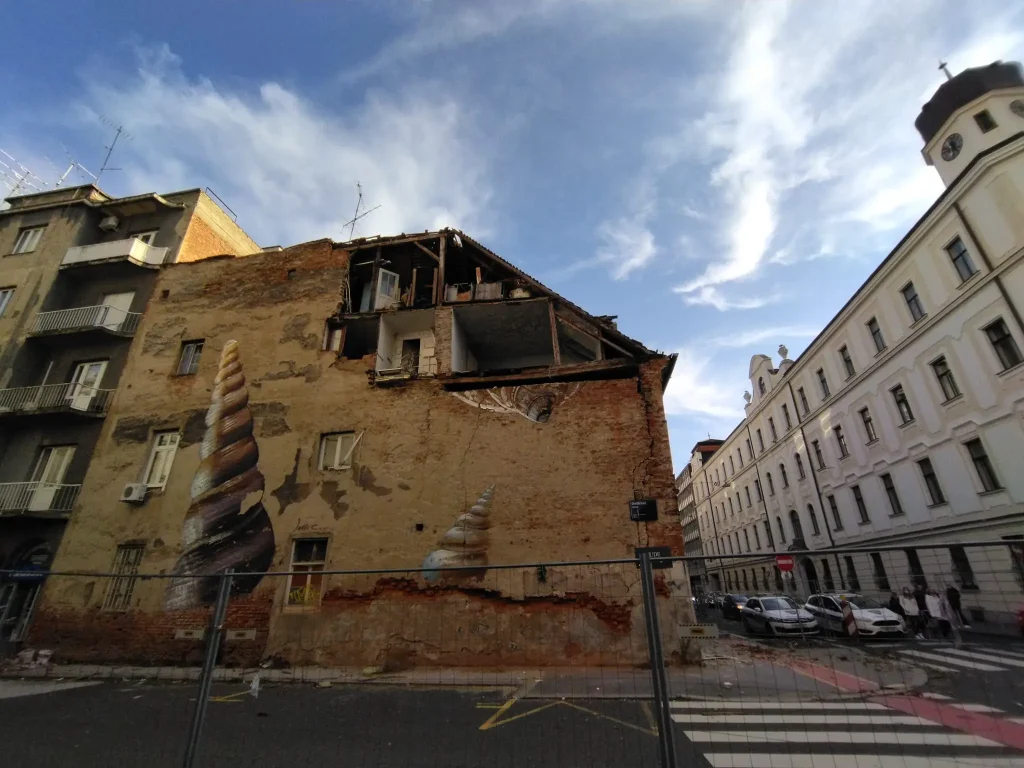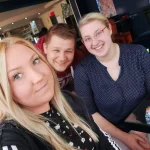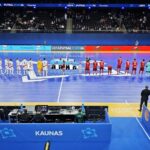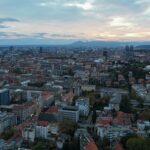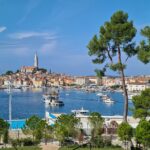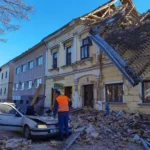As Poslovni Dnevnik/Darko Bicak writes, the city and its people has been the central theme of the sixth Days of Architects, which opened on Thursday in Dubrovnik, organised by the Croatian Chamber of Architects. The opening was held at the Akademis student dormitory, for which architects Tin Sven Franic, Ana Martincic Varesko and Vanja Rister were awarded the Vladimir Nazor and Viktor Kovacic awards.
The President of the Croatian Chamber of Architects, Rajka Bunjevac, pointed out that architects should be open to the spaces in which they work, but also to the people for whom they’re designing. Along with the unenviable urban situation in which most Croatian cities find themselves, we are now in yet another unenviable situation. The European Union urgently needs to reduce its dependence on fossil fuels imported from Russia.
Thanks to its natural potential, Croatia has opportunities for the much greater use of its solar energy for energy production.
“Croatia needs measures that aren’t just there to fight fire, subsidising the price of energy that the government is implementing can’t last long. A very uncertain autumn and winter await us and it’s high time for substantial and structural changes. Architects know what their jobs are, they know how important it is to respect the given framework of space, how important green infrastructure is to each individual neighbourhood, but politics is the place from which all of this starts. An individual can contribute to change, but without politics, things for the profession become frustrating. It’s a terrible thought that a project like the student dormitory in Dubrovnik has been running for fifteen years and that the Public Procurement Act has been amended twice during that time – making any innovative ideas more difficult and slow. It’s the same thing today with renewable energy sources and energy efficiency,” said Domac.
He added that significant funds are being spent on subsidising increased energy prices, but noted that this will not bring greater resilience to future high energy prices and their sudden changes. That is why the team from REGEA is developing new concepts for family homes, public buildings and residential apartment buildings with which they will appear before all key decision makers.
”Croatian buildings urgently need to start producing energy and at the same time be much more energy efficient. We must be ready for the coming winter. At the moment, we don’t have a vision of how we’re going to deal with one-time incentives, weekly price changes, masks and covid measures and government reshuffles,” said Domac, adding that not enough is being said about energy saving and energy efficiency measures that can help people here and now. It’s well known that a reduction in room temperature of 1oC reduces the consumption of natural gas by 7-8 percent, and buildings account for a total of 40 percent of energy consumption. In such conditions, solar power plants must become an obligation down on the coast, as must centralised heat production in continental Croatia. Individual gas heating must become a thing of the past, for safety, economic and climatic reasons,” pointed out the head of REGEA.
Cities across the nation are continually struggling with construction disorder and a lack of urbanism, especially Central Zagreb whose heart has lost 50 percent of its resident families, Sisak and Petrinja which are still looking for a complete solution, the gas situation regarding Russia and the climate change we are witnessing.
For more, check out our lifestyle section.

